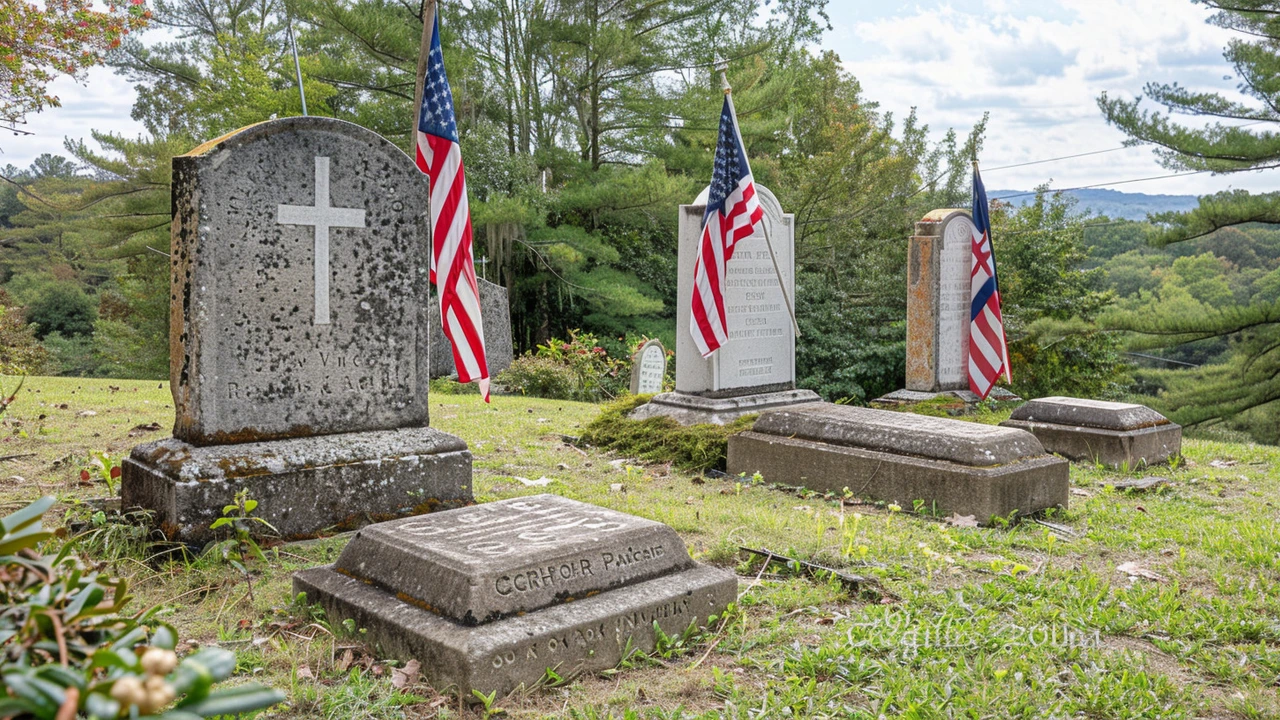Confederate: Latest Stories and Quick Facts
If you’re looking for anything about the Confederacy, this is the spot to start. We pull together news, history bits, and cultural talks that people are buzzing about right now. No jargon, just straight answers.
What’s Inside the Confederate Tag?
The tag gathers a mix of pieces – from deep‑dive histories of the Civil War to modern debates over monuments and flags. You’ll find short timelines that explain why certain symbols matter, plus opinion pieces that show both sides of hot topics. There are also updates on museum exhibitions, book releases, and even movies that touch on Confederate themes.
Each article tries to answer common questions: Who fought in the Confederacy? What were the main reasons behind the war? How do today’s communities remember that era? We keep the language simple so you don’t need a history degree to get it.
Why It Matters
Understanding Confederate history helps make sense of current discussions about heritage and memory. When cities decide whether to take down statues, people often reference facts from the past. Our tag gives you quick points you can use in conversations or social media comments.
Besides history, we also track how the Confederacy shows up in pop culture – think TV series, video games, and sports team names. Those mentions shape public perception, so staying updated lets you see the bigger picture.
We update the list regularly. New research can change what we know about battles or political decisions from the 1860s. When that happens, our writers add fresh articles to keep the tag current.
Feel free to browse, click on any headline that catches your eye, and read a short summary before diving deeper. If you have a question that isn’t answered, drop a comment – we love hearing what readers want to know next.
Bottom line: the Confederate tag is your quick‑access hub for history, news, and cultural talk about one of America’s most debated periods. Stay informed without wading through dense textbooks.

Unmasking the Myths: Reflecting on the Whitewashed History of the Civil War
A reflection on childhood fascination with the Civil War, revealing the whitewashed version of history that downplayed slavery. The author criticizes organizations like the United Daughters of the Confederacy for distorting the war’s true cause and highlighting the importance of acknowledging the war's impact on the nation and enslaved people.




